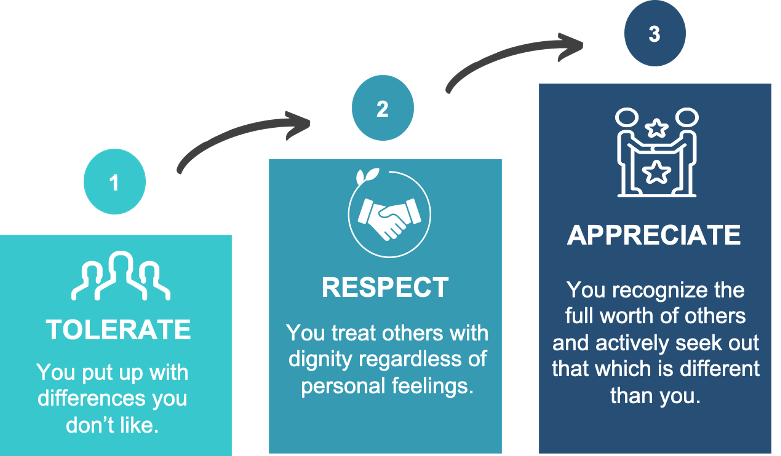Uncover the mysteries of individual alcohol tolerance levels and explore the science behind the differences in intoxication levels.
Table of Contents
Have you ever wondered how many beers it takes to get drunk? It’s a question that many of us have pondered at some point in our lives. The truth is, the answer isn’t as straightforward as we might think. In this blog post, we will delve into the science behind alcohol metabolism, individual tolerance levels, and the various factors that can influence how quickly we get intoxicated.
Alcohol Metabolism
Alcohol is metabolized in the body through a complex process involving enzymes in the liver. When we consume alcohol, it is absorbed into the bloodstream and then broken down by the liver. Factors such as the type of alcohol consumed, the rate of consumption, and whether there is food in the stomach can all affect how quickly alcohol is metabolized.
It’s important to note that alcohol metabolism occurs at a fairly consistent rate, regardless of factors such as gender or weight. However, individual differences in metabolism can influence how quickly someone becomes intoxicated. Genetics can also play a role in how efficiently a person’s liver can process alcohol.
Individual Tolerance Levels
One of the key factors influencing how many beers it takes to get drunk is an individual’s tolerance level. Tolerance levels can vary significantly from person to person, depending on a variety of factors. Weight, sex, age, and even ethnicity can all impact how sensitive someone is to the effects of alcohol.
For example, individuals who weigh more tend to have a higher tolerance for alcohol because their bodies have more water content, which helps to dilute the alcohol. Men also tend to have a higher tolerance than women, as they typically have more enzymes in their stomach that help break down alcohol.
Age can also be a factor in alcohol tolerance, as older individuals tend to metabolize alcohol more slowly than younger people. Additionally, certain medications or health conditions can affect how the body processes alcohol, leading to differences in tolerance levels among individuals.
Knowing Your Limits
Understanding your own tolerance level and knowing your limits when it comes to alcohol consumption is crucial for staying safe and avoiding dangerous situations. It’s important to listen to your body and pay attention to how alcohol affects you personally.

Image courtesy of via Google Images
If you start to feel dizzy, lightheaded, or disoriented after just a few drinks, it’s a sign that your tolerance level is lower than some others. In this case, it’s important to drink responsibly and pace yourself to avoid overconsumption.
It’s also a good idea to eat before drinking alcohol, as food in the stomach can help slow down the absorption of alcohol into the bloodstream. Staying hydrated and alternating alcoholic drinks with water can also help prevent intoxication and reduce the risk of a hangover the next day.
Conclusion
So, how many beers does it take to get drunk? The answer is not a one-size-fits-all number. Individual tolerance levels, alcohol metabolism, and a variety of other factors can all influence how quickly someone becomes intoxicated.
By understanding your own body and knowing your limits, you can enjoy alcohol responsibly and stay safe while having a good time. Whether you’re a seasoned drinker or just starting to explore the world of alcohol, it’s important to drink in moderation and always prioritize your health and well-being.
Remember, it’s not about how much you drink, but how you drink that matters most. So bottoms up, but do so responsibly!
FAQ
Question 1: How does weight affect alcohol tolerance?
Answer 1: Weight plays a role in alcohol tolerance as individuals with more body mass tend to have a higher tolerance. This is because the body has more water content that dilutes alcohol, resulting in a slower intoxication process.
Question 2: Can age impact alcohol tolerance?
Answer 2: Yes, age can influence alcohol tolerance. Older individuals tend to metabolize alcohol more slowly than younger people due to changes in liver function and body composition, leading to a decreased tolerance level with age.
Question 3: How do genetics affect alcohol tolerance?
Answer 3: Genetics can impact alcohol tolerance by influencing the efficiency of enzymes in the liver that process alcohol. Differences in genetic makeup can determine how quickly or effectively an individual’s body breaks down alcohol, affecting their tolerance levels.
Question 4: What role does food play in alcohol metabolism?
Answer 4: Eating before drinking alcohol can slow down the absorption of alcohol into the bloodstream. Food in the stomach helps to delay the process of alcohol reaching the liver, resulting in a slower intoxication rate and potentially reducing the overall effects of alcohol.
Generated by Texta.ai Blog Automation


Leave a Reply